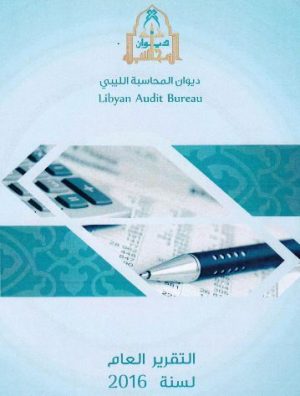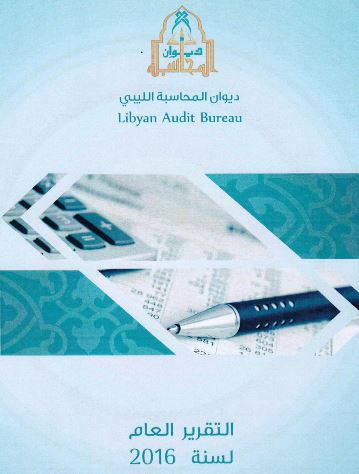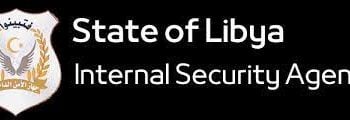By Sami Zaptia.

London, 1 May 2017:
In its 623-page 2016 Annual Report published on 26 April, the Tripoli-based Audit Bureau said that in 2016 Libya ‘‘continued to worsen and slide on all economic, security and social fronts’’ which it depicted as the ‘‘worse periods that Libya has passed through’’. It was an ‘‘exceptional period filled with dangers in the absence of most state authorities’’ which inflicted physical damage on citizens and the state.
The Tripoli-based Audit Bureau is the state oversight body in charge of monitoring the performance of all Libyan state entities.
The root of this absence of authority was the failure of the House of Representatives (HoR) in Tobruk to vote-in the Faiez Serraj Government of National Accord, within the framework of the Skhirat-signed Libyan Political Agreement (LPA), it explaied.
This had led to a ‘‘legislative void’’ as a result of the absence of the HoR in performing its oversight role over the Libya’s highest state entities charged with the country’s financial affairs.
This in turn, explained the Audit Bureau’s Annual Report, led to those various financial entities (the Ministry of Finance, Planning, the Central Bank of Libya (CBL) acting in complete isolation, without coordination and leading to overlap and confusion. This lack of harmony between the legislature and executive led to the weak performance of state authorities, it concluded.
The performance of the Presidency Council / Government of National Accord was weak and ‘‘inexperienced’’ showing a ‘‘lack of presence of a plan’’ with clear ‘‘priorities’’. There was also a ‘‘lack of confidence’’ in state entities between one another to the extent that external states had to intervene in order to find a compromise between them.
The existence of three contending governments in Libya (The Government of National Salvation, Tripoli, the Government of National Accord, Tripoli and the Interim Government in Beida) in 2016 had led to this fact being ‘‘exploited’’ by both ‘‘internal’’ and ‘‘external’’ parties leading to losses of state money.
The Annual Report said that 2016 recorded the lowest revenue accrued by the Libyan state in its modern history leading to a huge cumulative deficit. The root of these deficits was the forced closure of oilfields and ports by the Petroleum Facilities Guards (PFG) from mid-2013. This closure had forced the CBL to deplete its foreign currency reserves in order to cover the recurring state deficit.
The fast depletion of the CBL’s hard currency reserves forced the Central Bank to cut back severely on foreign currency overseas transfers in 2015-16. This, however, led to such a shortage of the availability of hard currency within the domestic Libyan market that it forced the black market exchange rate to rise sharply. The devaluation of the Libyan dinar had severe knock-on effects on inflation, price hikes and a degradation in Libyan citizen’s spending power and quality of life.
It must be stressed that this 2016 Annual Report is issued by the Tripoli-based Audit Bureau. It will be recalled that Libya’s Audit Bureau is itself split along Libya’s political division. The Tripoli-based Audit Bureau is loyal to the only internationally recognized executive, which is based in Tripoli, the PC/GNA. A second Audit Bureau loyal to the HoR exists in the east, in Beida. It overseas entities under the HoR control.
However, since most of the Libyan state’s money passes through the Tripoli-based CBL and the Tripoli-based state entities, in terms of volume of money monitored, the Tripoli-based Audit Bureau is the more important entity.
More detailed coverage of the 623 -page 2016 Audit Bureau report will follow.










